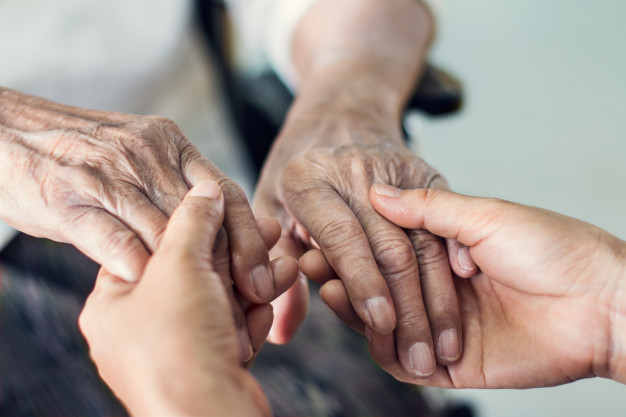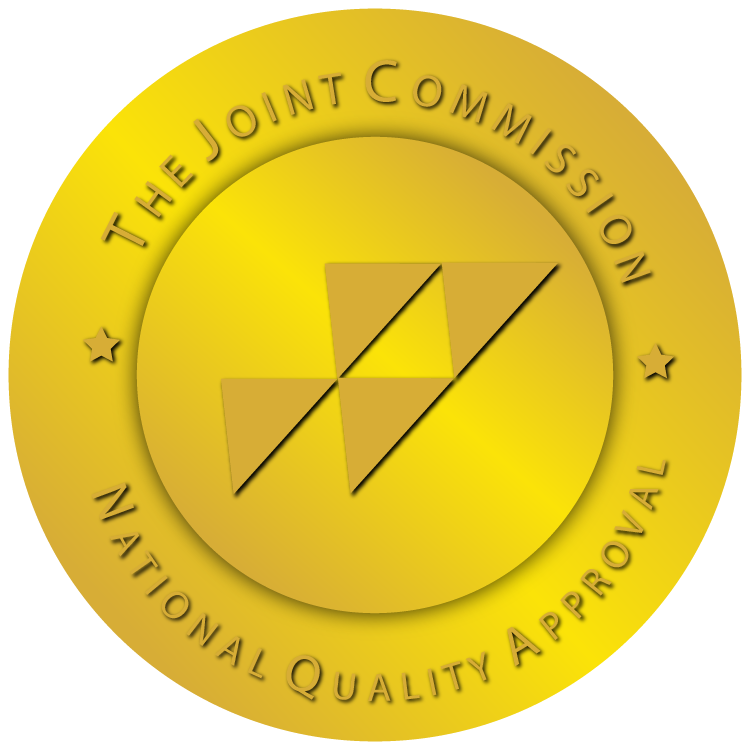
Residential Inpatient treatment is the next step for someone who is not able to be unsupervised due to intense cravings. During their time in our residential alcohol, drug, or eating disorder level of care, clients begin to participate in Circle of Hope’s programs. Here, they start to develop recovery skills, life skills, and begin their 12-step programming to improve their function in daily life.
This is where our full-service drug and alcohol residential inpatient treatment facility shines. Our residential inpatient program includes 24-hour staff monitoring. Most clients who step down to this level of care have completed the majority of their detox program.
When clinically and medically appropriate, they would generally step down to the partial hospitalization program. Focusing on overcoming addiction is our primary goal. We firmly believe that to achieve that goal it takes a comfortable environment allowing full-focus on working through the challenges that addiction poses. A change of scenery is often the best way to push the reset button on your life. Stepping away from the daily habits which reinforce substance abuse works wonders toward a healthy recovery. Change your environment. Change your habits. Change your life.
Residential inpatient treatment includes
- Comprehensive evaluation and treatment planning
- 24-hour nursing supervision
- Medication management
- Meeting with a psychiatric provider one or more times a week
- A community meeting group, including the welcoming of any new individuals
- Ongoing review of treatment goals
- Concerns or challenges addressed
- Individual therapy
- Recreational therapy, such as meditation and yoga
- Aftercare and discharge planning (a necessary component in this level of care)
- Daily group therapy, including specialty groups and peer groups that are psycho-educational and/or psycho-dynamic. Topics will include:
- Substance abuse
- Introduction to the 12-step program
- Grief and loss
- Sexuality
- Trauma survival
- Self-esteem
- Family patterns
- Assertiveness
- Interpersonal relationships




